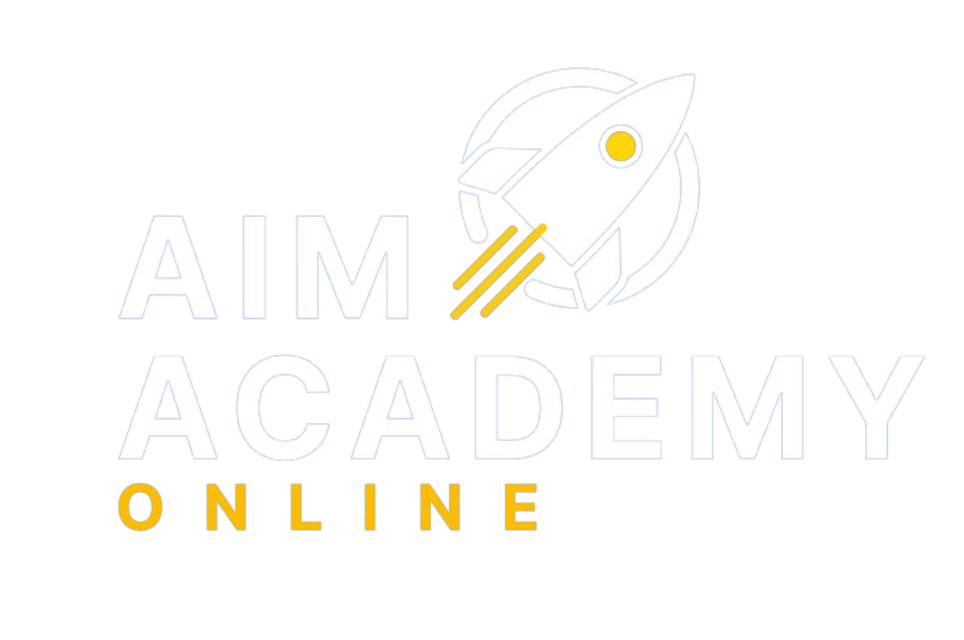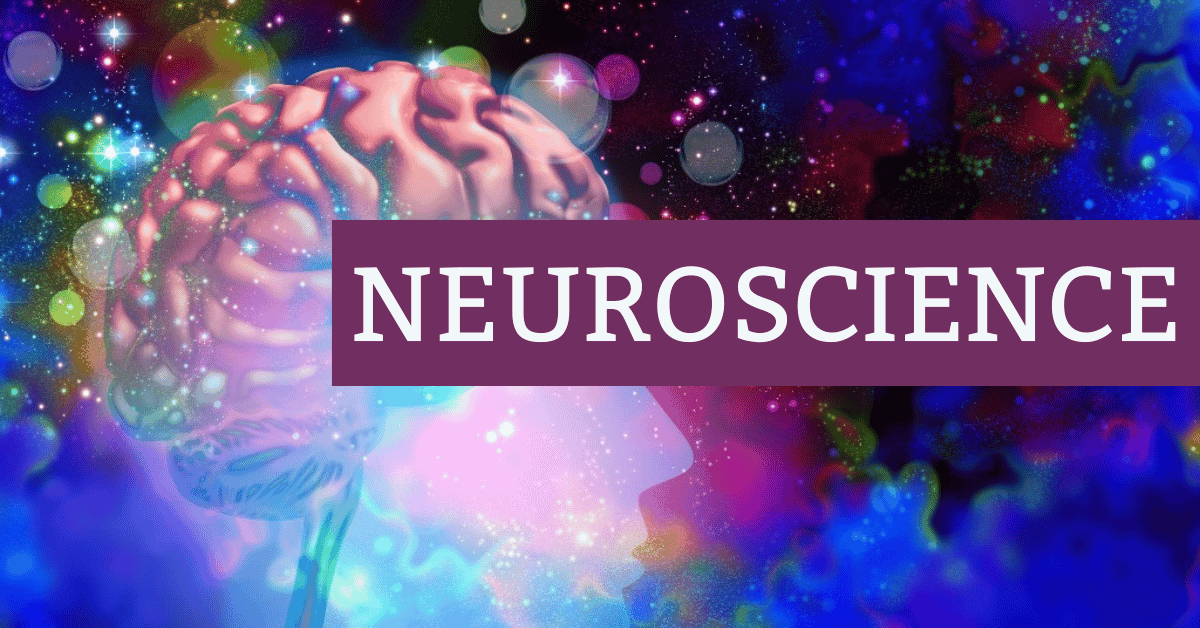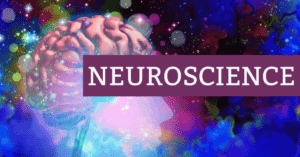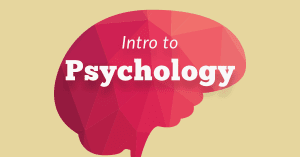Course Description
See Reviews of Instructor Bonnie Gonzalez
This is a highly interactive class which includes participation in two live components per week. These live components include a one-hour live lecture where the instructor will present concepts that are covered in corresponding chapters of both the class textbook and other suggested books for the class, and a one-hour lab where students will explore the neuroanatomy of the brain and nervous system and survey many topics in neuroscience. During the labs students will view videos and websites on neuroanatomy. We will also complete labs on topics in neuroscience such as learning, memory, artificial intelligence, morality, emotions, perception, sleep, addiction and decision-making. Material in this class will also cover the neuroscience of psychological disorders and treatment. Students will have opportunity to ask questions and interact with the instructor during both live sessions. Discussion is encouraged. Although both live components will be available throughout the year for downloading, students are encouraged to participate in the live sessions.
Assignments for the class will include chapter tests and essays, in-class labs, 5 final lab reports for each semester, and a final project for each semester. This final project will incorporate many of the concepts we learned during the semester and teach the student to incorporate their knowledge into a working model of how neuroscience effects thinking and behavior. These projects may include but are not limited to the topics of a study of artificial intelligence, measuring and regulating sleep, teaching yourself a new skill (studying brain plasticity), completing an analysis of decision-making and creating a virtual brain. Students will be required to present these projects to the class during the last week of each semester.
Students can expect to spend about 4-6 hours per week on this course. This includes reading the assigned texts, writing lab reports, writing essays, discussing class work, and participating in the weekly online live lectures and labs.
First Semester:
The first semester class will focus on the anatomy and physiology of the brain and the nervous system. Students will be introduced to the various brain regions and their functions. We will explore the neurons, (the basic building blocks of the nervous system), and the neurotransmitters that both allow neurons to communicate and control our various behaviors, and emotions. We will examine the topics of brain plasticity, artificial intelligence and the explore the neuroscience of many of our behaviors. Specific topics for this class will include, but not limited to:
- Neurons: The Building Blocks of the Brain and Nervous System
- Neurotransmitters: Chemical Messengers in the Brain and Body
- Brain Anatomy: The hindbrain, and cerebellum
- Brain Anatomy: The midbrain, and the limbic system
- Brain Anatomy Lobes and areas of importance in the cerebral cortex
- Measuring the Brain: EEG, MEG, CT scan, MRI, fMRI, PET Scan, DTI
- Artificial Intelligence: How to Build Your Own Robot
- Braining Wiring: The Outside Comes Inside
- Rewiring You Brain: The Art of Working with Plastic
- How the Brain Remembers and Sometimes Forgets
- Ways to Improve Memory Using Neuroscience
- Attention, Awareness, and Multitasking
- How the Brain Learns: Conditioning and Modeling
Second Semester:
In the second semester of neuroscience, we will spend the first week reviewing the building blocks of the nervous system by looking at neurons and brain anatomy. During the remainder of the semester we will dive into various topics that are related to how the brain influences ALL that we do. Topics will range from a study of how and why we sleep, to how our brain makes decisions to the neurological origins of psychological disorders. More specifically the topics we will be covering each week include:
- Review of the Basics – Neurons and Brain Structures
- The Neuroscience of Decision-Making
- Biases and Heuristics – the Shortcuts
- The Moral Brain – How We Decide What is Right and Wrong
- Emotions: Brain Pathways of Fear, Anger and Happiness
- Vision and Perception – What Are Brain Wants to See
- Sleep – Why Sleep Matters to the Brain
- Exercise – How Exercise Changes the Brain
- Pleasure and Pain – How Our Brain Experiences Both
- Addiction and the Brain- How We Become Addicted to Everything From Caffeine to the Internet
- Hardwired for Social Behavior – Why Our Brain Needs Others
- Psychological Disorders and the Brain – Depression and Anxiety
- Psychological Disorders part 2 – Schizophrenia, Dissociative Disorders and Learning Disorders
- How Treatment for Psychological Disorders Effect the Brain
Students in Neuroscience will receive a weekly email on Monday morning with directions for weekly readings, assignments and any lab preparation for the week. A complete list of lab materials will be sent prior to the beginning of class. Tuesday’s class will be a lecture format where will explore the topics for the week. Videos and websites will be used to enhance learning. Our Thursday session will be a lab format with videos, and virtual experiments in collaboration with other students in the class. The first half of the year will feature more content in neuroanatomy: neurons, neurotransmitters and brain structure and function. Topics in neuroscience such as memory, sleep, decision-making and the neuroscience of psychological disorders, will be presented in both the latter half of the first semester and all throughout the second semester.
Who should enroll?
Technology Requirements
- High speed, broadband Internet
- Sound card and microphone (for live sessions)
- Streaming video capabilities to watch recorded lectures
Evaluation and Feedback
Communication
- Communication with parents and students will occur via email. My virtual office door is always open. Students and parents are encouraged to email me with questions and requests at any time. I respond to email communication within 24 hours.






Max Kono –
Mrs. G is a great teacher who is both knowledgeable and passionate about the subject. She offers numerous resources, including videos, articles, and outlines, to ensure mastery of the material. The assignments are focussed more on discussion and understanding rather than memorization of terms.